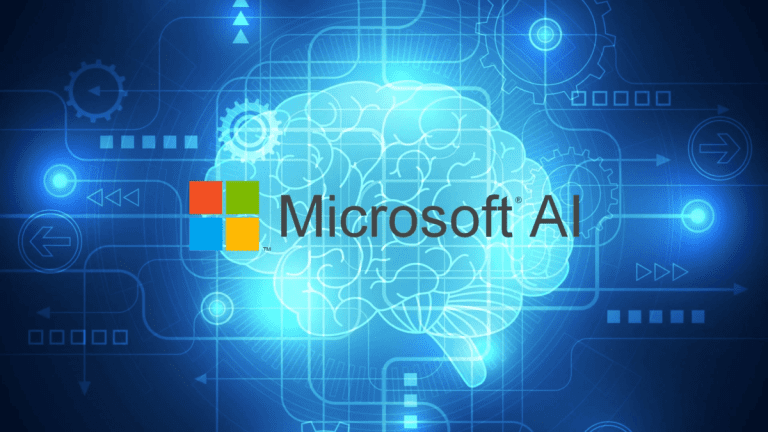If you work in cybersecurity, chances are you’re tired. Tired of chasing false alerts, tired of drowning in dashboards, and very tired of patching holes faster than the next breach hits. Microsoft gets it—and now, they’re coming in with a serious AI-powered assist.
In a bold step forward, the tech giant has announced a major expansion to its Security Copilot platform, introducing 11 new AI agents designed to take over the repetitive grunt work that’s been burning out cybersecurity professionals for years. Think less “ask a chatbot” and more “give the AI the keys and let it drive.”
Tackling the Security Workforce Crunch
Let’s talk numbers. The cybersecurity industry is currently operating with only 83% of the needed workforce—which basically means everyone’s doing the job of 1.2 people. Many analysts deal with thousands of alerts per day—some over 4,400, if you can believe it.
Microsoft’s answer? Offload that noise to AI. These new agents aren’t just smart—they’re autonomous, purpose-built to handle tasks like phishing analysis, breach notifications, and more, so human analysts can focus on what actually matters: stopping real threats.
Meet the AI Agents
Rolling out next month, Microsoft will drop six first-party AI agents alongside five developed by partners, all housed within the Security Copilot ecosystem. Each agent is tailored to specific, high-volume tasks. For example:
- One handles phishing email triage.
- Another can draft and prep regulatory notification letters post-breach.
- Every single one comes with adjustable access levels—meaning you decide how much control they have and whether they operate as themselves or as your digital proxy.
And here’s something that deserves a nod: Microsoft is making sure these agents aren’t a black box. Each one includes a transparent decision map, so human users can review every step the AI took and—crucially—reverse it if needed.
A Tight Lineup of Partners
The partner agents come courtesy of OneTrust, Aviatrix, BlueVoyant, Tanium, and Fletch. This mix of compliance, cloud, and endpoint-focused companies signals that Microsoft isn’t just winging it—they’re building an ecosystem. And not just because it’s trendy, but because customer feedback and real-world use cases are shaping the product roadmap.
Microsoft’s Vasu Jakkal, CVP of Security, sums it up well: This isn’t just Copilot answering questions anymore—it’s Copilot doing the work. The leap from helpful to autonomous is happening, fast.
But Is It Secure?
Microsoft knows the question on everyone’s mind: What happens when you let AI run loose in your security stack? So before these agents hit the real world, they were put through the wringer by Microsoft’s internal generative AI red team—basically, ethical hackers trained to find cracks in the system before the bad guys do.
The result? A launch that’s not just flashy but tested, hardened, and (they hope) trustworthy.
The Bottom Line
This isn’t just a fancy update—it’s a shift in how cybersecurity might work moving forward. Microsoft’s 11 AI agents are designed to automate the noise, address the workforce shortfall, and scale security operations in a world where threats are only getting faster and more complex.
Whether you’re a CISO juggling teams or a burned-out analyst glued to your SIEM, this could be the relief you’ve been waiting for. Assuming it all works as promised—because, as always, the devil is in the deployment.

